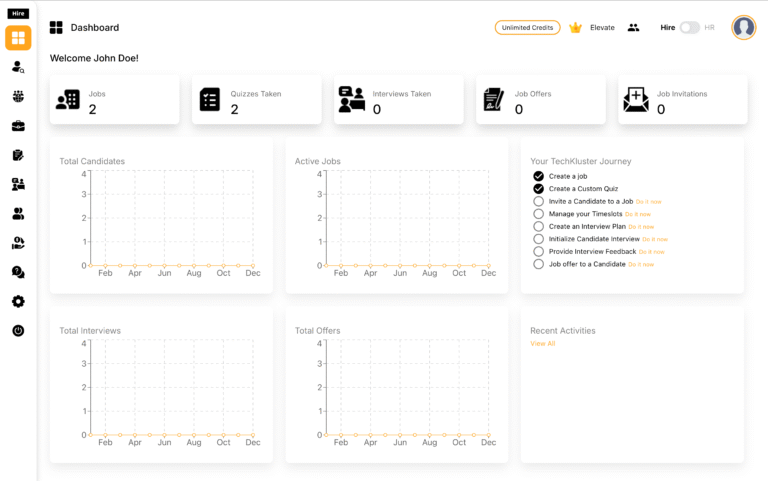Regular expressions (regex) are powerful tools used in various programming languages and tools for pattern matching and manipulation of strings. In Bash, regular expressions can be utilized for tasks such as text searching, string manipulation, and pattern matching. This article provides an introduction to Bash regular expressions, explaining their syntax, common metacharacters, and basic usage. …
Regular expressions (regex) are powerful tools used in various programming languages and tools for pattern matching and manipulation of strings. In Bash, regular expressions can be utilized for tasks such as text searching, string manipulation, and pattern matching. This article provides an introduction to Bash regular expressions, explaining their syntax, common metacharacters, and basic usage.
What are Regular Expressions?
Regular expressions are sequences of characters that define search patterns. They allow you to specify complex patterns that match specific strings or parts of strings. Regular expressions are highly versatile and can be used for a wide range of tasks, including validation, data extraction, and text manipulation.
In Bash, regular expressions are primarily used with pattern matching operators like =~ to perform matching operations on strings.
Basic Regular Expression Syntax
Regular expressions consist of a combination of regular characters and metacharacters. Regular characters represent themselves and match the exact characters they represent. Metacharacters, on the other hand, have special meanings and are used to define patterns. Here are some common metacharacters:
.(dot): Matches any single character.*: Matches zero or more occurrences of the preceding character or group.+: Matches one or more occurrences of the preceding character or group.?: Matches zero or one occurrence of the preceding character or group.[]: Matches any single character within the brackets.(): Groups multiple characters together.
These are just a few examples of metacharacters, and there are many more available in regular expressions.
Using Regular Expressions in Bash
Bash provides the =~ operator to perform pattern matching using regular expressions. The syntax for using regular expressions in Bash is as follows:
[[ "$string" =~ pattern ]]
In the above syntax, $string is the variable or string you want to match against the regular expression pattern. If the pattern matches any part of the string, the expression returns true; otherwise, it returns false.
Here’s an example that demonstrates the usage of regular expressions in Bash:
string="Hello, World!"
if [[ "$string" =~ [Hh]ello ]]; then
echo "Pattern matched!"
else
echo "Pattern not found."
fi
In this example, the regular expression [Hh]ello matches either “Hello” or “hello” in the string. If the pattern is found, the script outputs “Pattern matched!”; otherwise, it outputs “Pattern not found.”
Anchors and Quantifiers
In addition to regular characters and metacharacters, regular expressions in Bash also support anchors and quantifiers. Anchors are used to specify the position of a pattern in the string, while quantifiers control the number of occurrences of a character or group.
Here are some commonly used anchors and quantifiers:
^: Matches the start of a line or string.$: Matches the end of a line or string.*: Matches zero or more occurrences.+: Matches one or more occurrences.?: Matches zero or one occurrence.{n}: Matches exactly n occurrences.{n,}: Matches at least n occurrences.{n,m}: Matches between n and m occurrences.
Here’s an example that demonstrates the usage of anchors and quantifiers:
string="Hello, World!"
if [[ "$string" =~ ^H.*!$ ]]; then
echo "Pattern matched!"
else
echo "Pattern not found."
fi
In this example, the regular expression ^H.*!$ matches a line that starts with “H” and ends with “!”. If the pattern is found, the script outputs “Pattern matched!”; otherwise, it outputs “Pattern not found.”
Pattern Extraction
Regular expressions can also be used to extract specific patterns or substrings from a string. Bash provides a mechanism for capturing groups in regular expressions using parentheses (). The captured groups can be referenced using the BASH_REMATCH array.
Here’s an example that demonstrates pattern extraction using regular expressions in Bash:
string="My phone number is (123) 456-7890."
pattern="(([0-9]{3})) ([0-9]{3})-([0-9]{4})"
if [[ "$string" =~ $pattern ]]; then
echo "Phone Number: ${BASH_REMATCH[0]}"
echo "Area Code: ${BASH_REMATCH[1]}"
echo "Prefix: ${BASH_REMATCH[2]}"
echo "Line Number: ${BASH_REMATCH[3]}"
else
echo "Pattern not found."
fi
In this example, the regular expression (([0-9]{3})) ([0-9]{3})-([0-9]{4}) captures the phone number pattern with the area code, prefix, and line number. The captured groups are accessed using the BASH_REMATCH array, where ${BASH_REMATCH[0]} represents the entire matched pattern.
Conclusion
Regular expressions are a powerful tool for pattern matching and string manipulation in Bash. With the support for anchors, quantifiers, and pattern extraction, regular expressions provide a flexible way to work with complex patterns and extract specific information from strings.
By mastering regular expressions, you can enhance your Bash scripting capabilities and efficiently handle various text processing tasks. Regular expressions are widely used in tasks such as data validation, log parsing, and text extraction. With practice and experimentation, you can leverage the full potential of regular expressions in Bash and streamline your scripting workflows.





